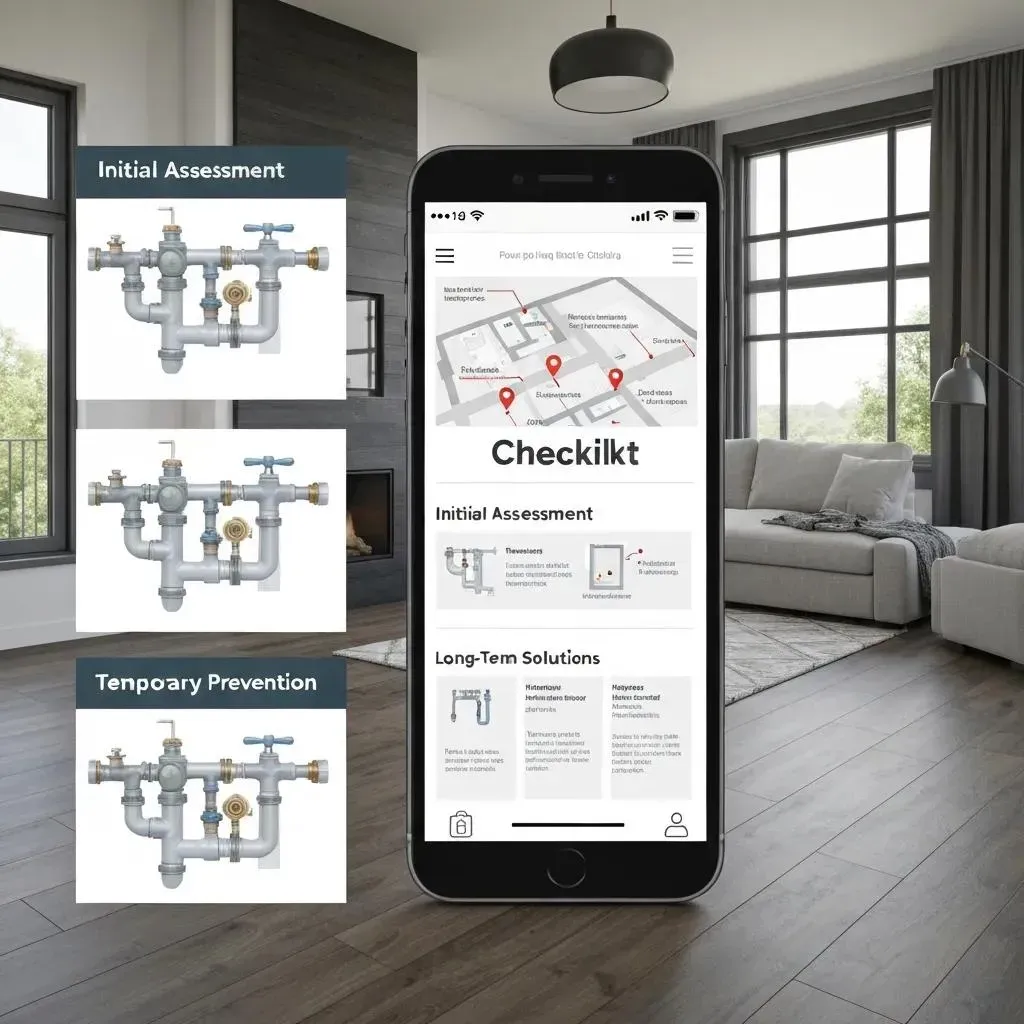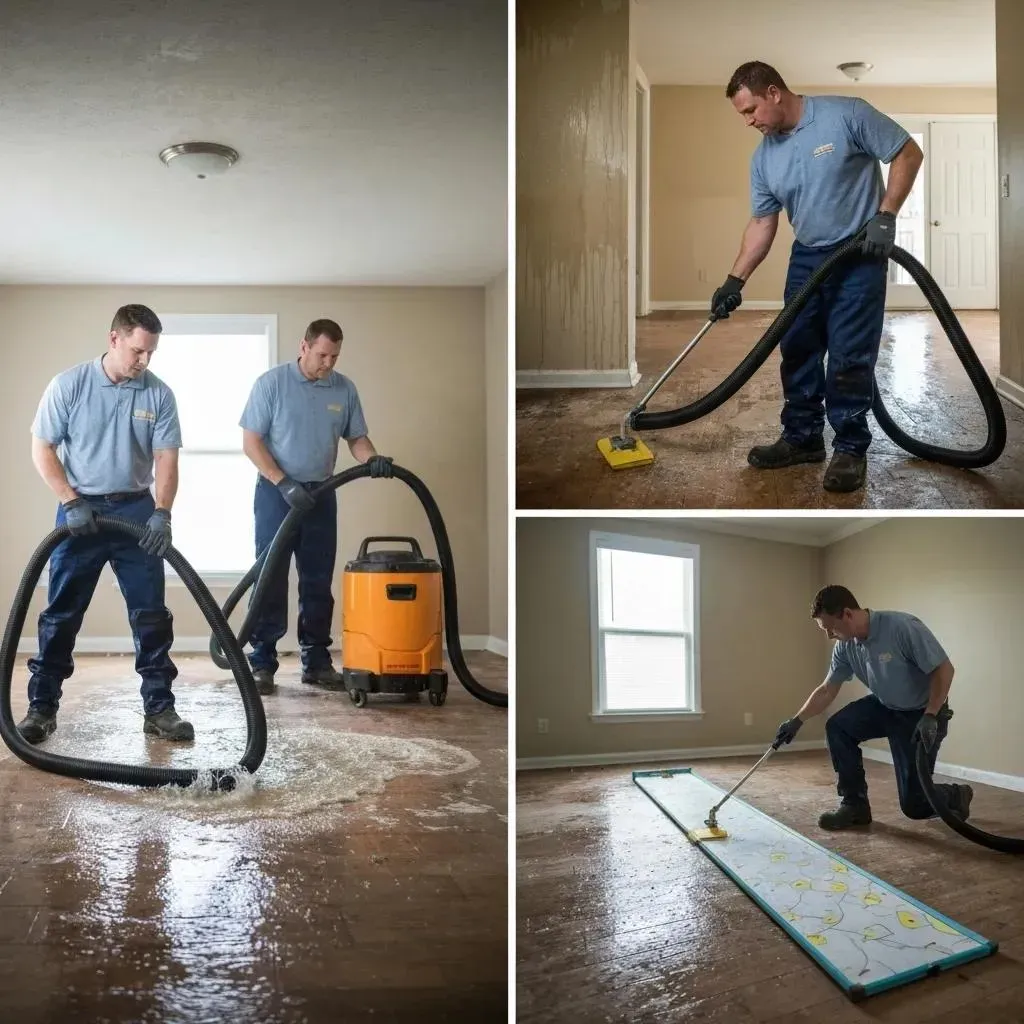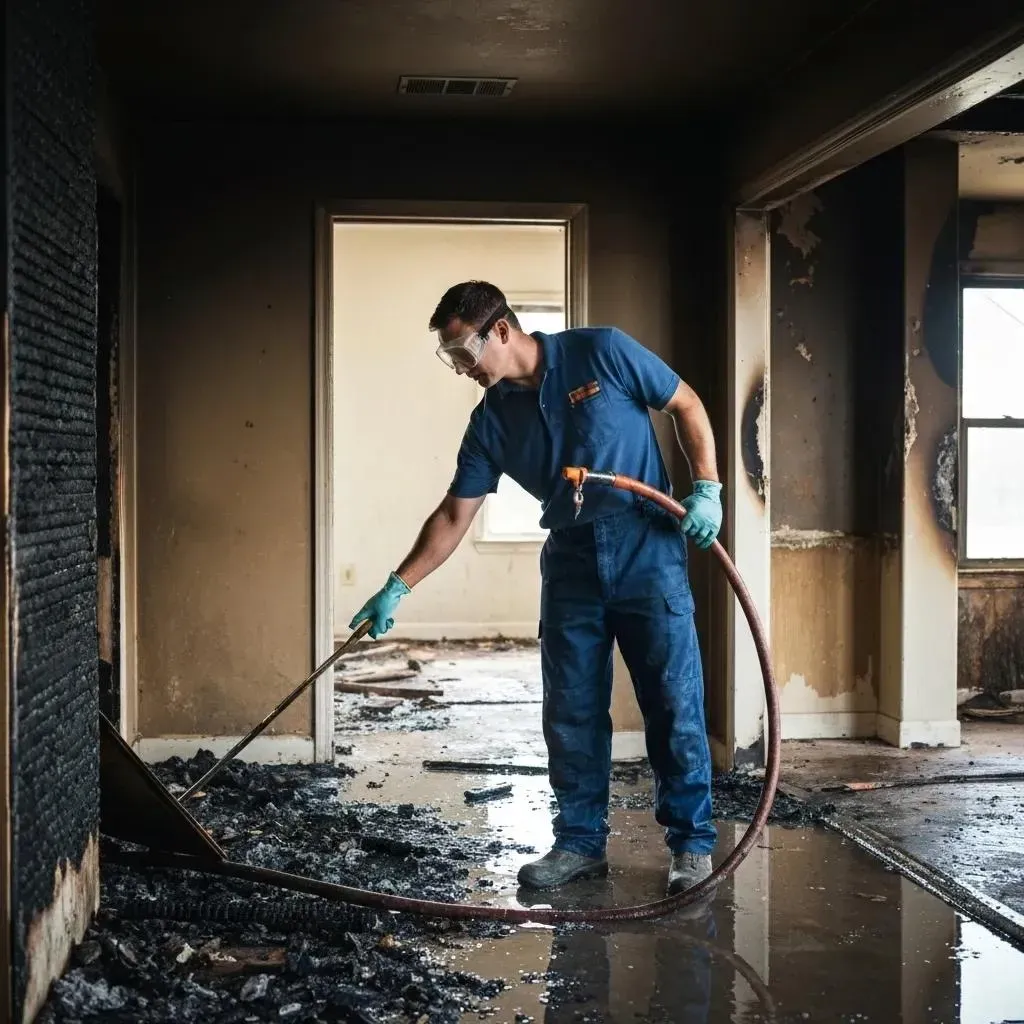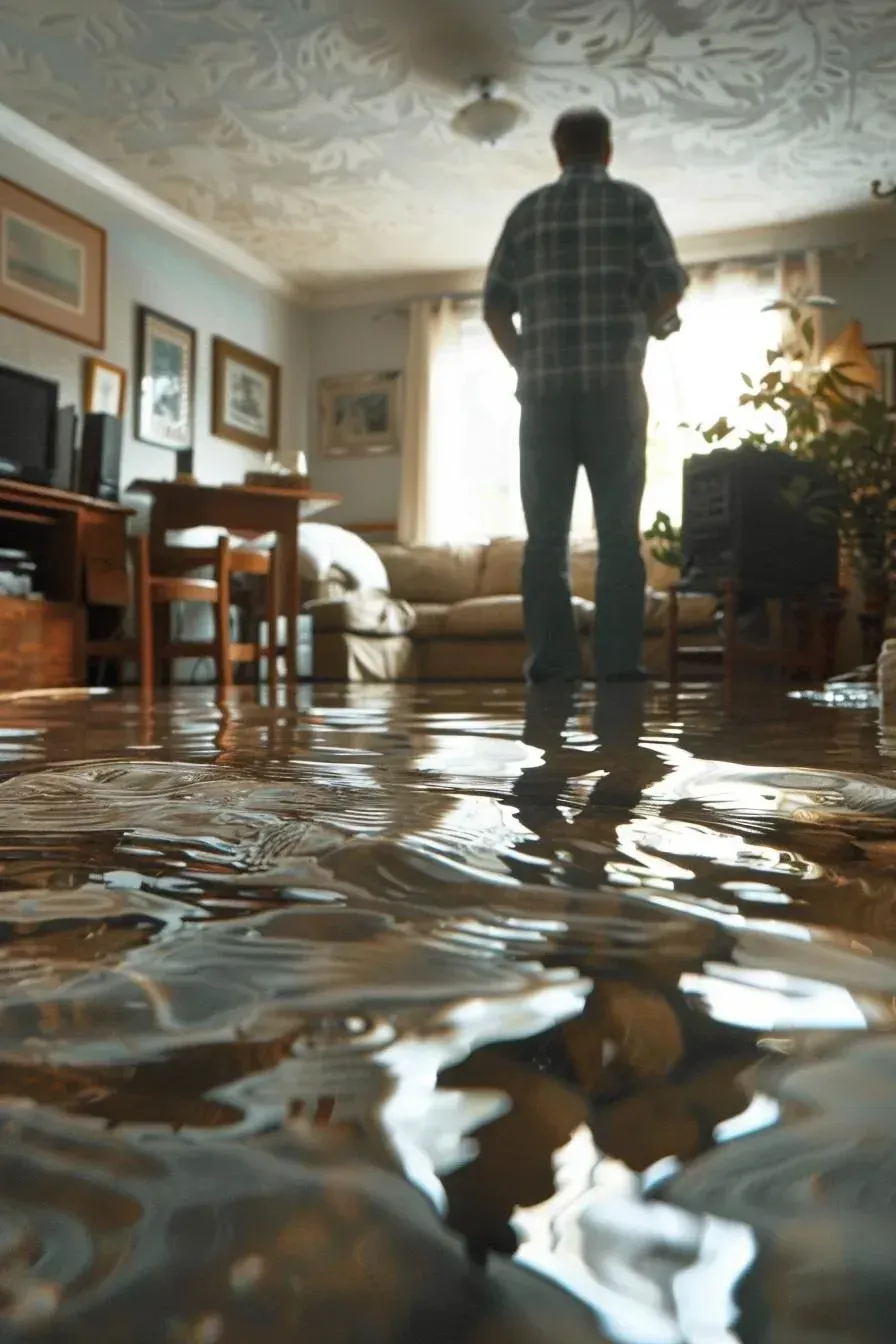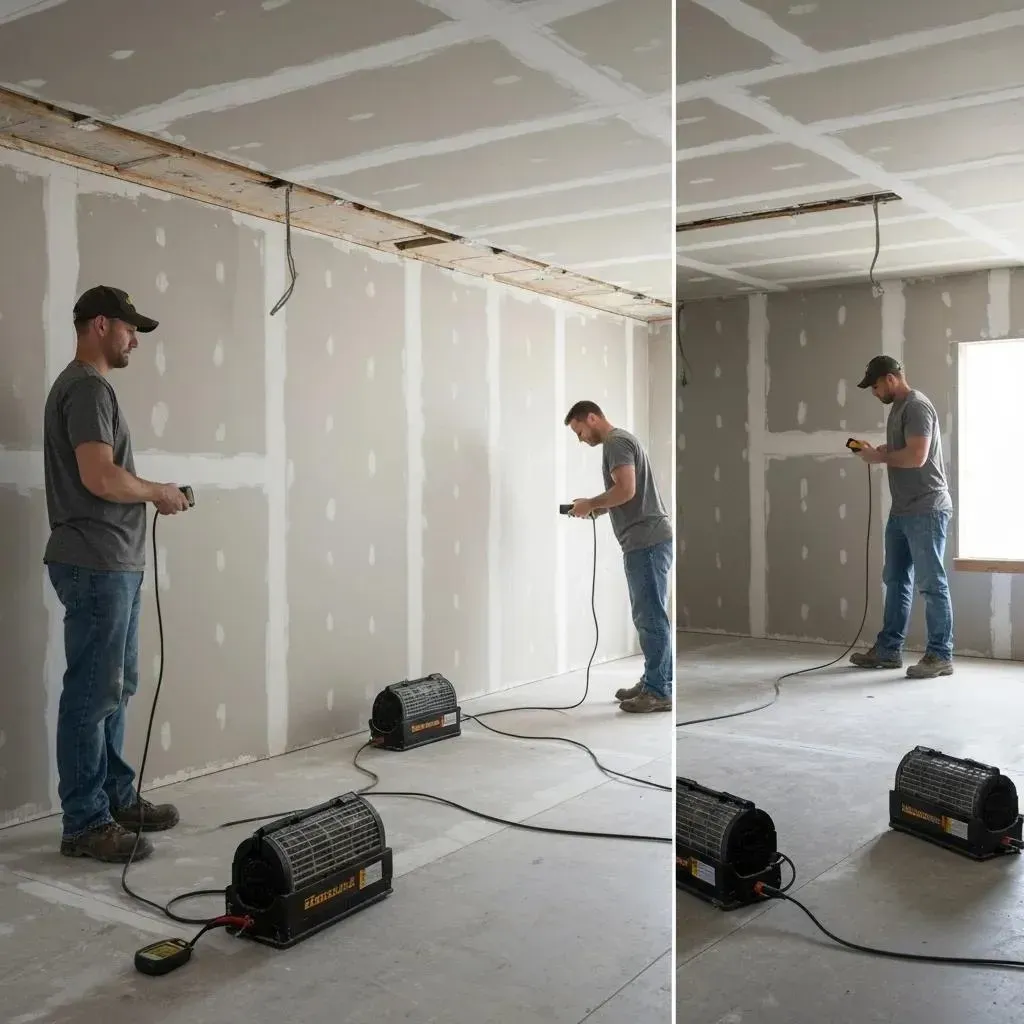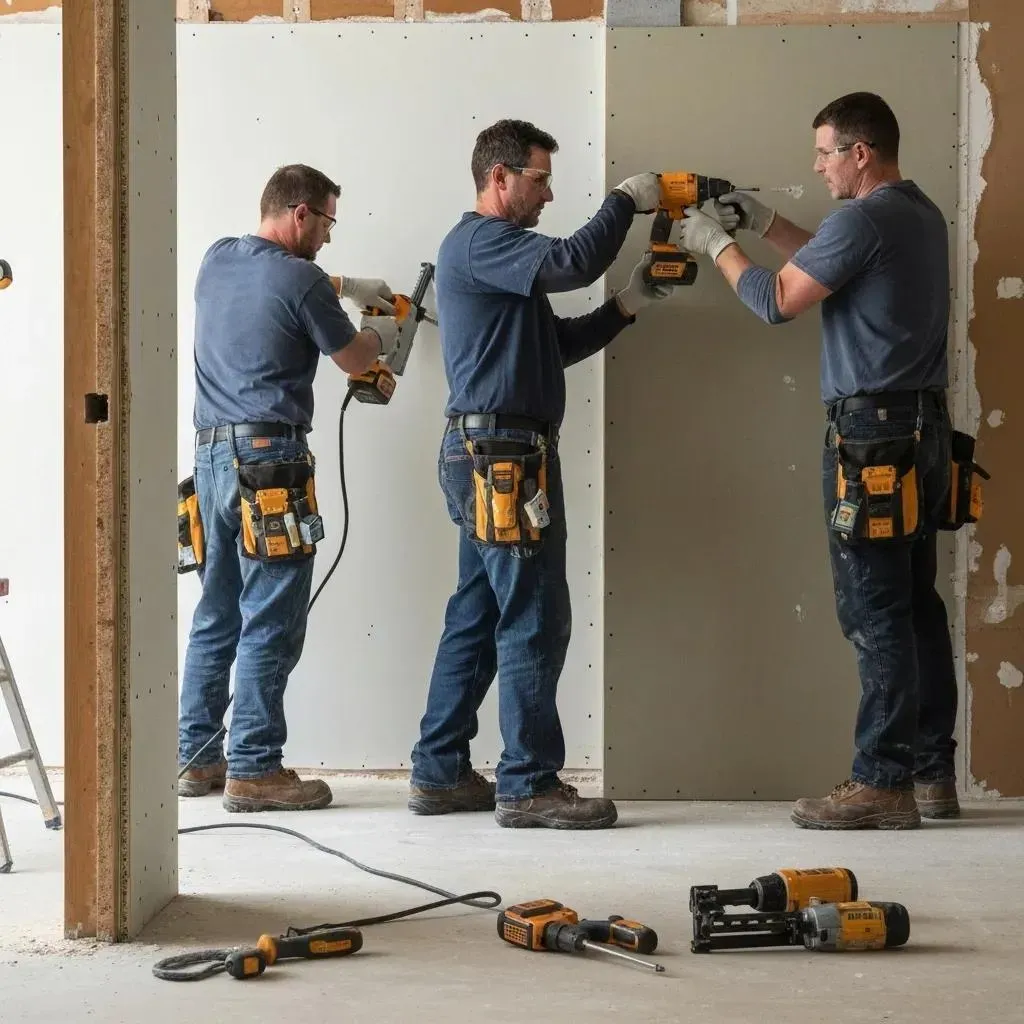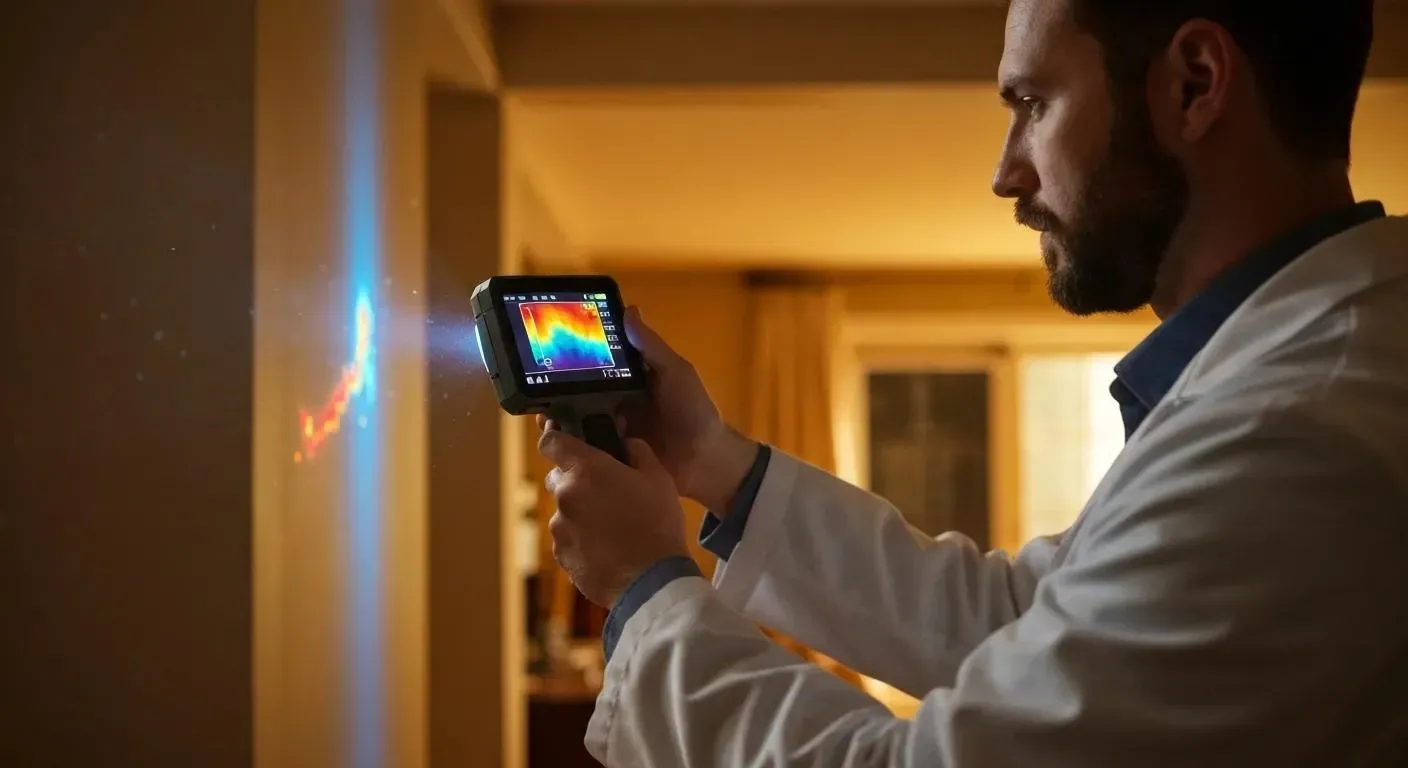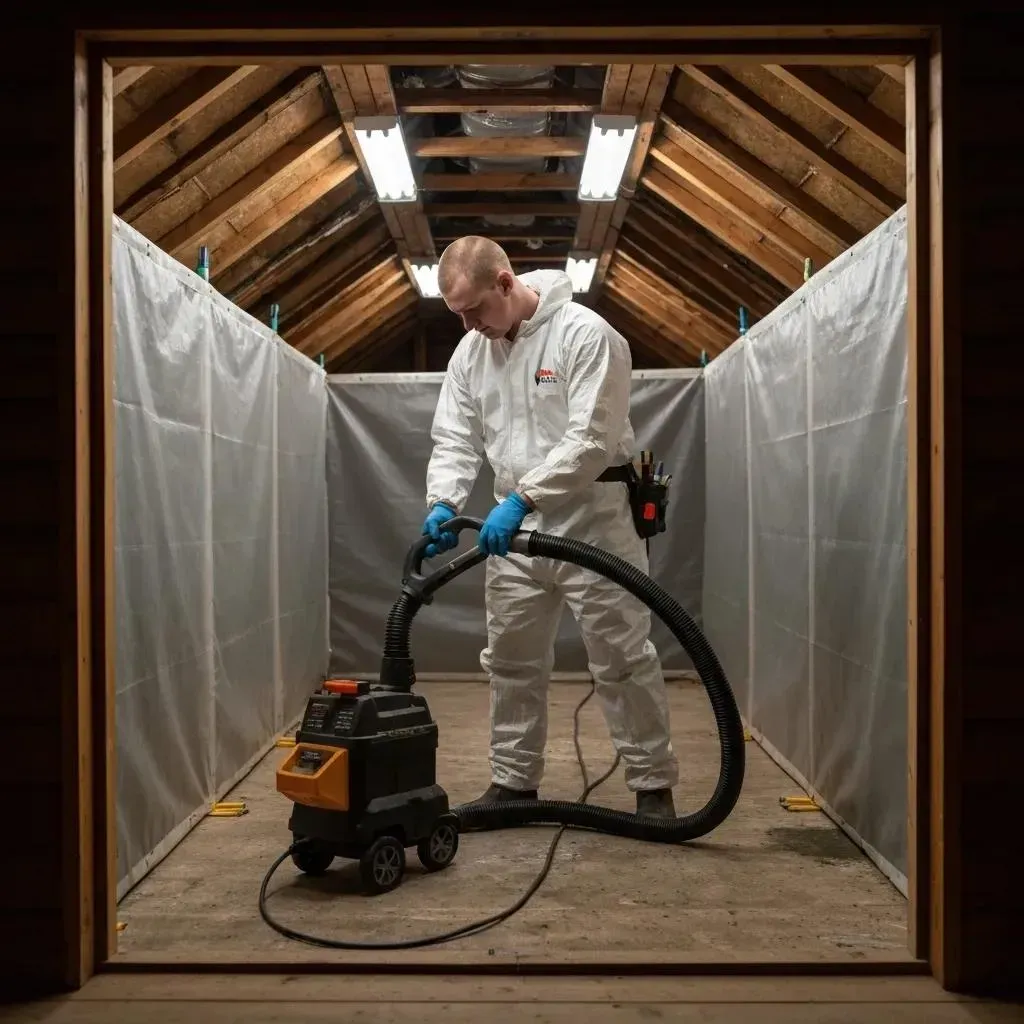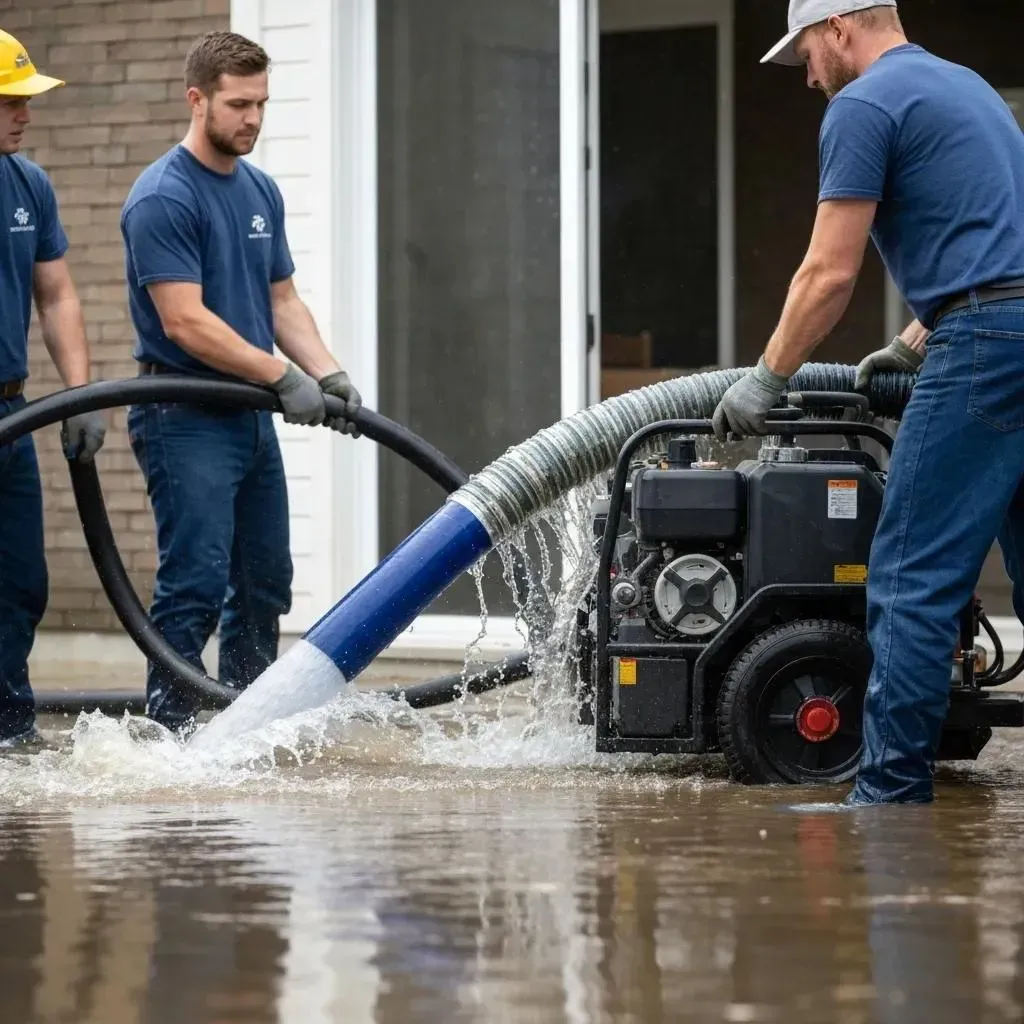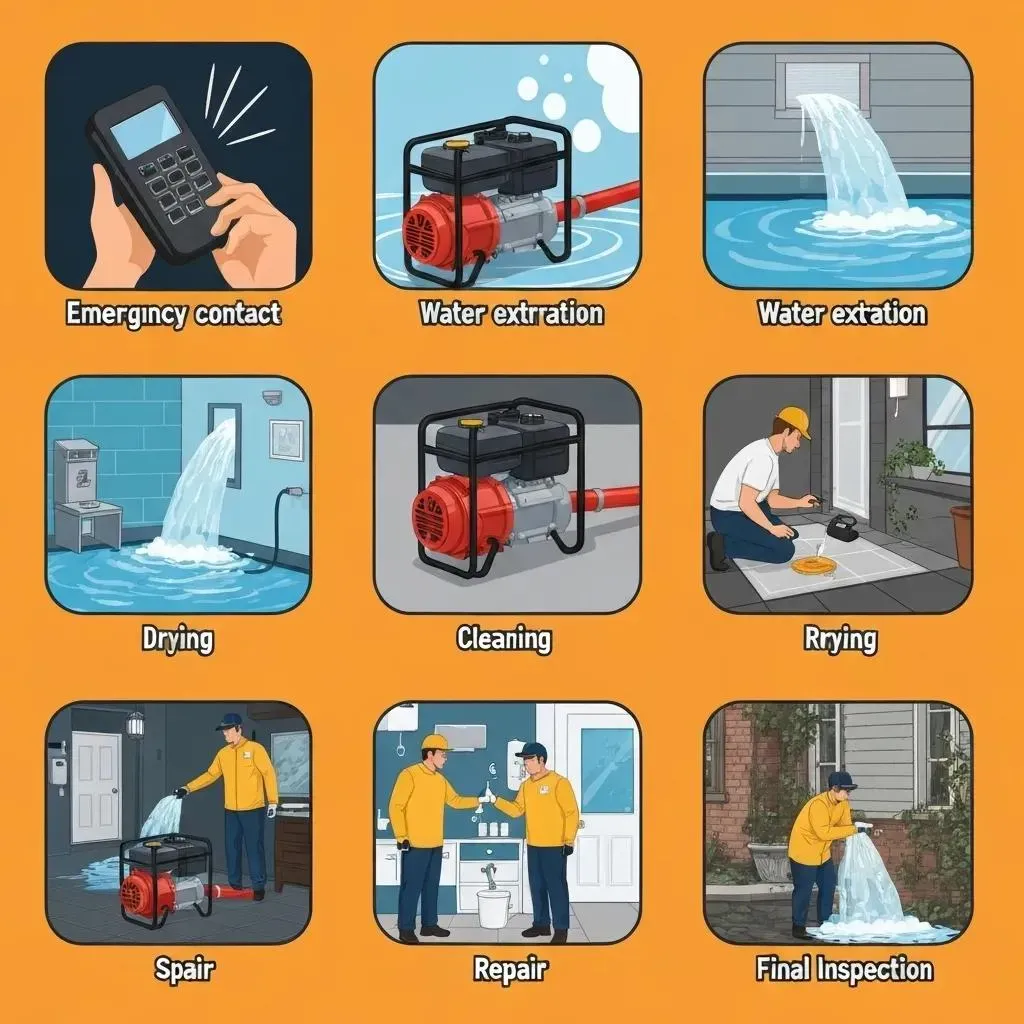Blog
How Commercial Water Damage Restoration Saves Denver, CO Properties
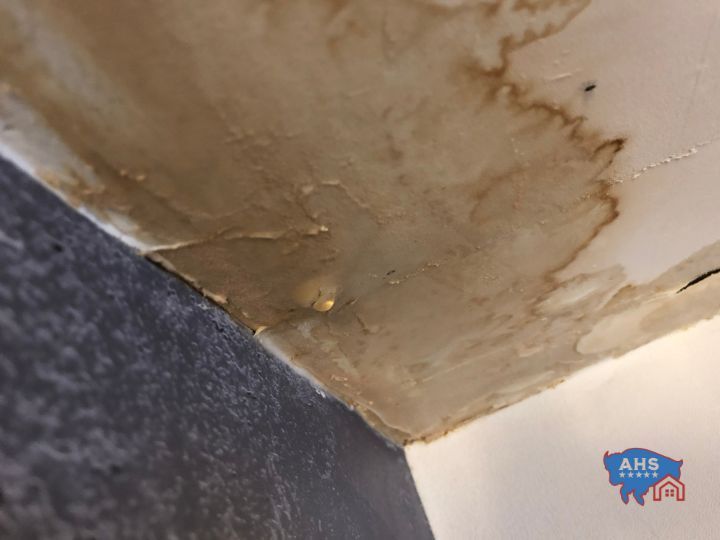
Imagine arriving at your business one morning only to find water pooling on the floor, office furniture soaked, and an overwhelming musty smell in the air. This is exactly what happened to a Denver business owner after an overnight pipe burst flooded their commercial building. The damage forced them to shut down for weeks, costing thousands in lost revenue. Unfortunately, commercial water damage happens more often than you’d think—and the longer it’s left unaddressed, the worse the consequences become.
According to FEMA, about 25% of businesses never reopen after a disaster like significant water damage. From flooded basements to burst pipes and roof leaks, water damage can halt business operations, cause structural issues, and even lead to mold infestations. The key to minimizing loss? Fast, professional commercial water damage restoration.
As a trusted restoration company in Denver, we’ve helped countless businesses recover from water damage disasters. Here are five critical tips every business owner should know about commercial water damage restoration and how to protect their property from costly downtime.
Act Fast: The First 24 Hours Are Critical
Water damage is a ticking time bomb for commercial properties. The longer it sits, the more it spreads, damaging walls, floors, electrical systems, and important business assets. Acting immediately is essential to minimizing long-term damage and restoration costs.
Why Immediate Action Matters
- Prevents structural weakening – Water can seep into walls and floors, compromising the integrity of your building.
- Stops mold growth before it starts – Mold spores can begin growing within 24-48 hours if moisture isn’t removed quickly.
- Reduces downtime for your business – The faster water is removed, the sooner your operations can resume.
- Protects electrical systems – Water exposure can lead to short circuits and electrical hazards, increasing the risk of fires.
What You Should Do Immediately
- Turn off the water source – If the damage is from a burst pipe, shut off the main water supply.
- Call a professional restoration company – Experts have industrial-grade equipment to extract water and begin drying immediately.
- Document the damage – Take photos and videos for insurance claims before cleanup begins.
- Remove sensitive equipment and important documents – If possible, relocate electronics, paperwork, and valuables to a dry area.
Identify the Type of Water Damage
Not all water damage is the same. Understanding the type of water affecting your business is crucial for determining the safest and most effective cleanup approach.
Categories of Water Damage
- Category 1 (Clean Water) – Comes from sources like a burst supply pipe or leaking appliance; generally safe but still requires fast removal.
- Category 2 (Grey Water) – Contains contaminants and comes from sources like broken sump pumps or leaking dishwashers. This type of water can cause discomfort or illness if not properly handled.
- Category 3 (Black Water) – The most dangerous, often caused by sewage backups or floodwaters, requiring professional handling, disinfection, and thorough cleaning.
Why It’s Important to Identify Water Type
- Improper handling can spread contamination – Grey and black water require specialized cleaning techniques to prevent health risks.
- Insurance claims depend on water type – Some policies may have different coverage based on the water category.
- Sanitization measures vary – Category 3 water requires heavy-duty disinfection to prevent bacterial and viral spread.
Ensure Proper Drying and Dehumidification
One of the biggest mistakes businesses make after water damage is assuming that once visible water is gone, the problem is solved. Hidden moisture can cause rot, mold growth, and lingering odors.
The Right Drying Process
- Industrial dehumidifiers – Remove excess moisture from the air and building materials, preventing mold growth.
- High-powered fans – Speed up evaporation and prevent moisture buildup in carpets, drywall, and furniture.
- Moisture meters – Detect hidden dampness inside walls and flooring that could cause long-term damage.
- Specialized drying techniques – For materials like carpets, hardwood floors, and office furniture to prevent warping and mold growth.
- Ongoing monitoring – Restoration professionals check moisture levels regularly to ensure complete drying.
Why Businesses Can’t Skip Proper Drying
- Moisture trapped inside walls can cause mold growth.
- Wooden structures may rot or weaken over time if not fully dried.
- Mold remediation costs can be more expensive than initial restoration.
Prevent Mold Growth with Proper Sanitation
Mold is one of the most serious secondary effects of water damage. It spreads quickly in moist environments and can lead to serious health issues for employees and customers. Mold remediation is costly and can shut down operations if left unchecked.
How to Prevent Mold After Water Damage
- Remove excess water immediately – Standing water creates the perfect environment for mold growth.
- Disinfect affected areas – Professional antimicrobial treatments prevent bacteria and mold from developing.
- Use HEPA air filtration – Helps remove mold spores from the air before they can spread.
- Monitor for signs of mold – Musty smells, discoloration, or peeling paint could indicate hidden mold growth.
The Risks of Mold in a Commercial Property
- Health hazards – Mold exposure can cause respiratory issues, allergic reactions, and skin irritation.
- Property damage – Mold can weaken walls, ceilings, and flooring.
- Regulatory fines – Commercial properties with mold may face fines if the issue affects employee or customer health.
Work with Your Insurance Company for a Faster Claim
Filing an insurance claim after water damage can feel overwhelming, but restoration professionals can assist you in streamlining the process.
Tips for a Smooth Insurance Claim
- Document all damage with photos and videos – Detailed evidence supports your claim and ensures you receive fair compensation.
- Keep receipts for repairs and business losses – These can be submitted as part of your claim.
- Hire a restoration company experienced with insurance claims – Many restoration experts work directly with insurance companies to speed up the claims process.
- Understand your policy – Some policies cover water damage differently depending on the cause, so knowing your coverage beforehand helps avoid surprises.
- Get professional estimates – Restoration companies can provide detailed repair estimates to submit with your claim.
Why Working with Professionals Helps
- Faster claim approvals – Insurance adjusters often prefer working with professional restoration companies.
- Accurate damage assessments – Experts provide thorough reports to justify your claim.
- Reduced stress for business owners – Letting a professional handle insurance negotiations allows you to focus on running your business.
People Also Ask
- How long does the commercial water damage restoration process take?
The timeline depends on the extent of the damage. Minor cases may take a few days, while more severe damage requiring structural repairs can take several weeks. - Can water damage affect my business’s HVAC system?
Yes, water can seep into air ducts and HVAC components, leading to mold growth, poor air quality, and potential system failure if not properly inspected and cleaned. - Are there any preventative measures businesses can take to reduce the risk of water damage?
Regularly inspect plumbing, install water detection sensors, maintain roof drainage systems, and ensure that sump pumps are functional to help prevent unexpected water damage. - What are the signs that hidden water damage is present in my building?
Signs include musty odors, peeling paint, warped floors, increased humidity, and unexplained spikes in water bills, all of which indicate moisture problems that may require professional inspection.
How Accountable Home Services Can Help You
Water damage can be devastating for businesses, but you don’t have to face it alone. At Accountable Home Services, we specialize in commercial water damage restoration and provide fast, professional services to protect your Denver property.
Address: 1347 E 73rd Ave, Denver, CO 80229
Phone Number: (720) 620-3272
Visit Us Online:
Accountable Home Services
Don’t let water damage shut down your business!
Call us today for fast, professional restoration services in Denver.

